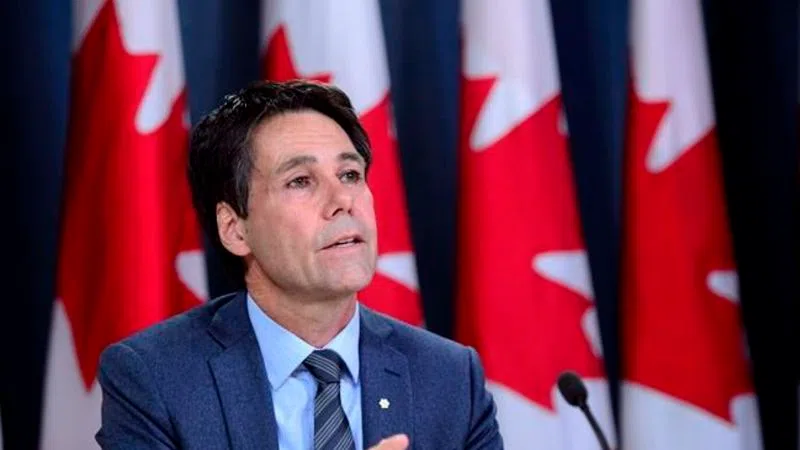
Expert panel recommends Canada implement single-payer pharmacare plan
OTTAWA — An expert panel is calling for the federal government to work with the provinces and territories to create a single-payer national pharmacare plan to cover every Canadian.
Eric Hoskins, Ontario’s former health minister, released the findings in Ottawa, giving advice on how to address the country’s patchwork of private and public prescription-drug plans.
Canada has a variety of drug plans administered by provinces, mainly for children, seniors and people on social assistance. Other plans managed by the federal government cover other groups, such as Indigenous people and members of the military, while private insurance fills the gaps for some.



